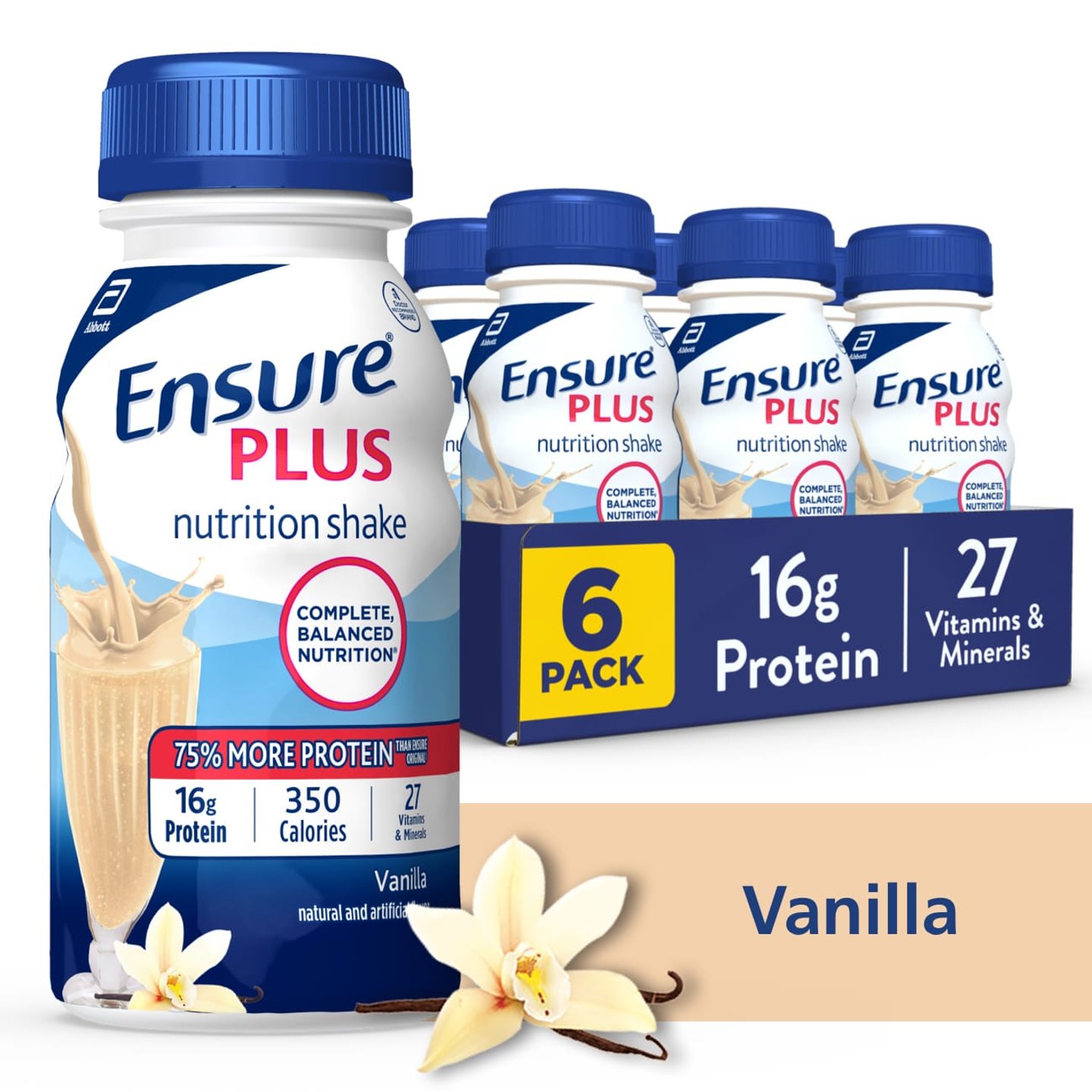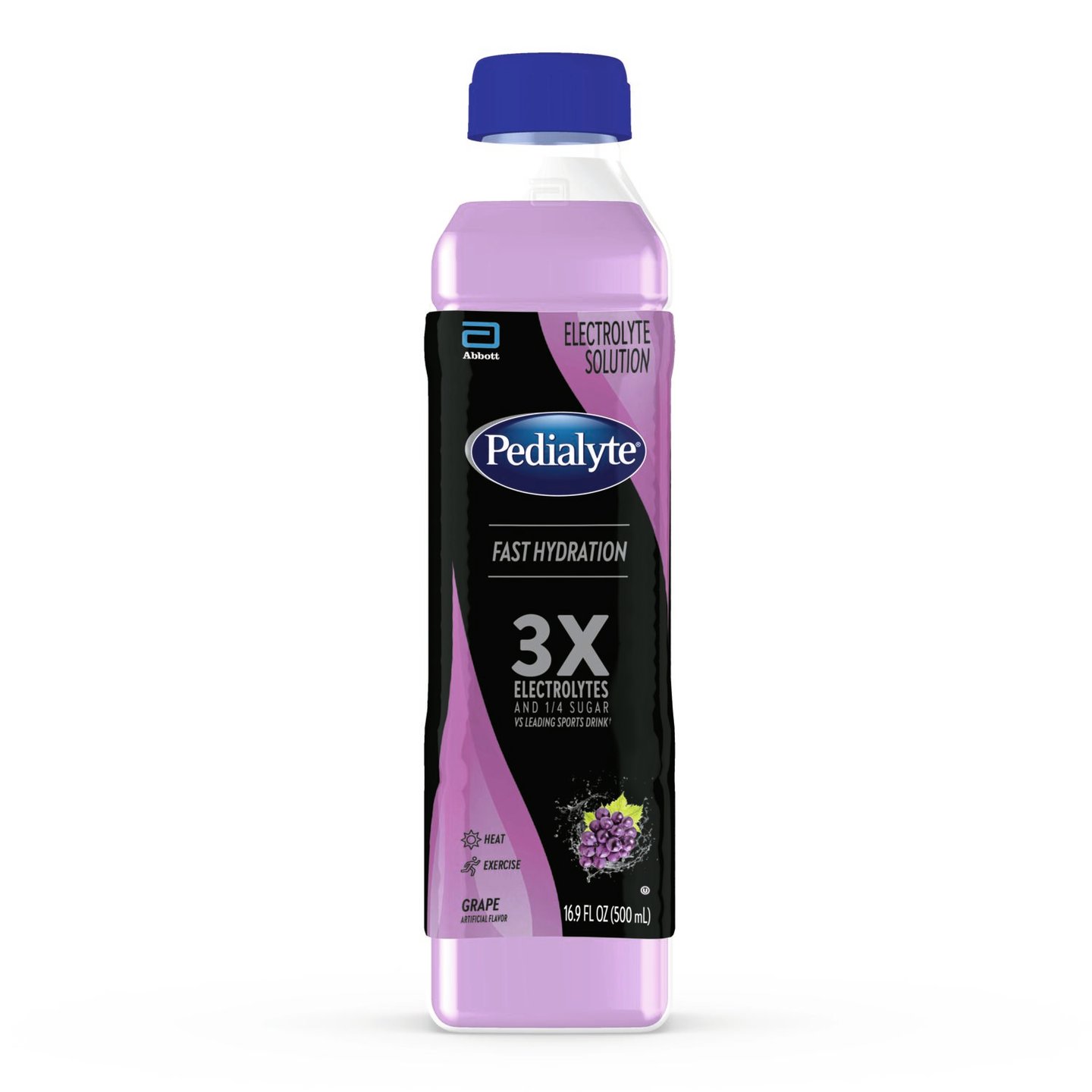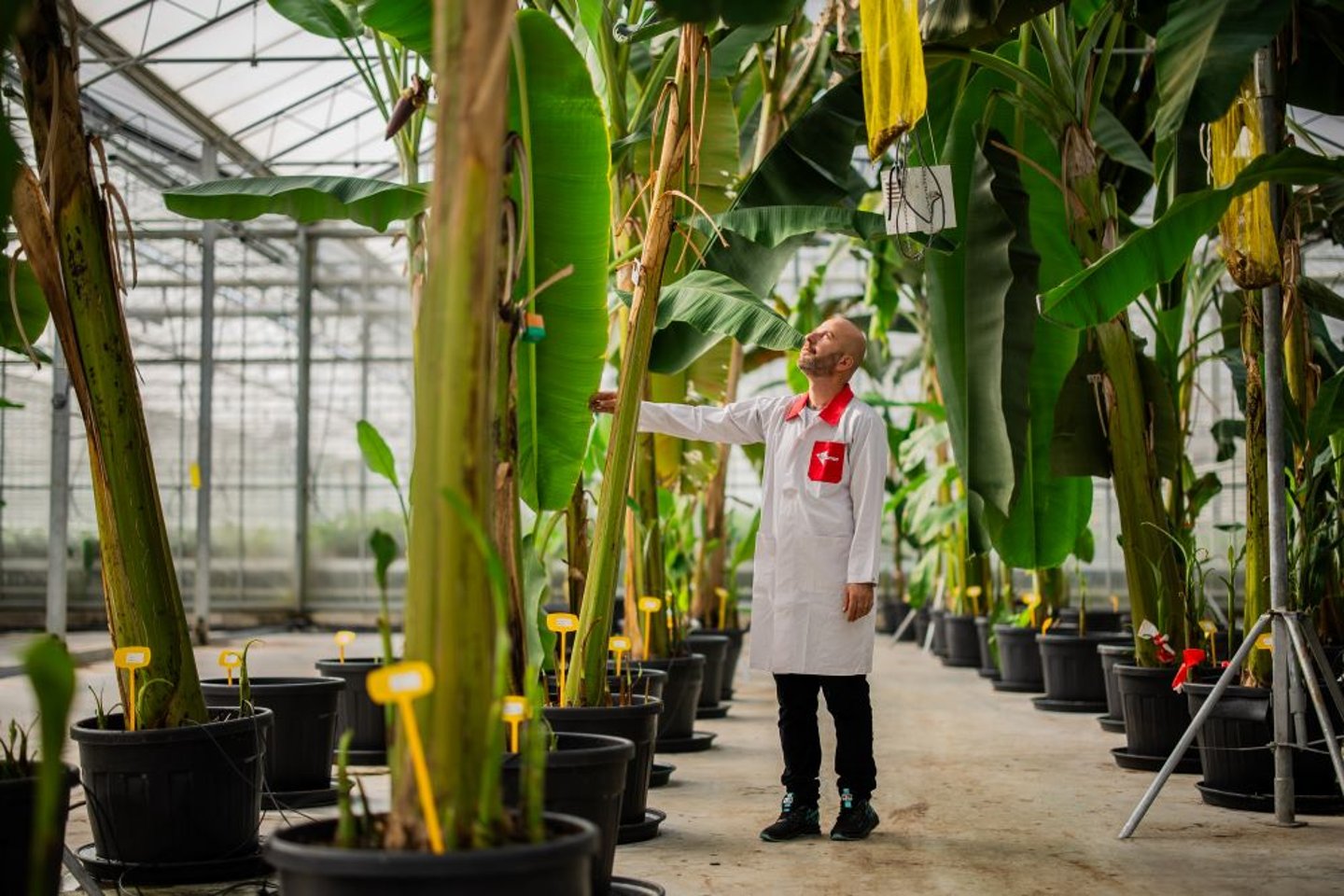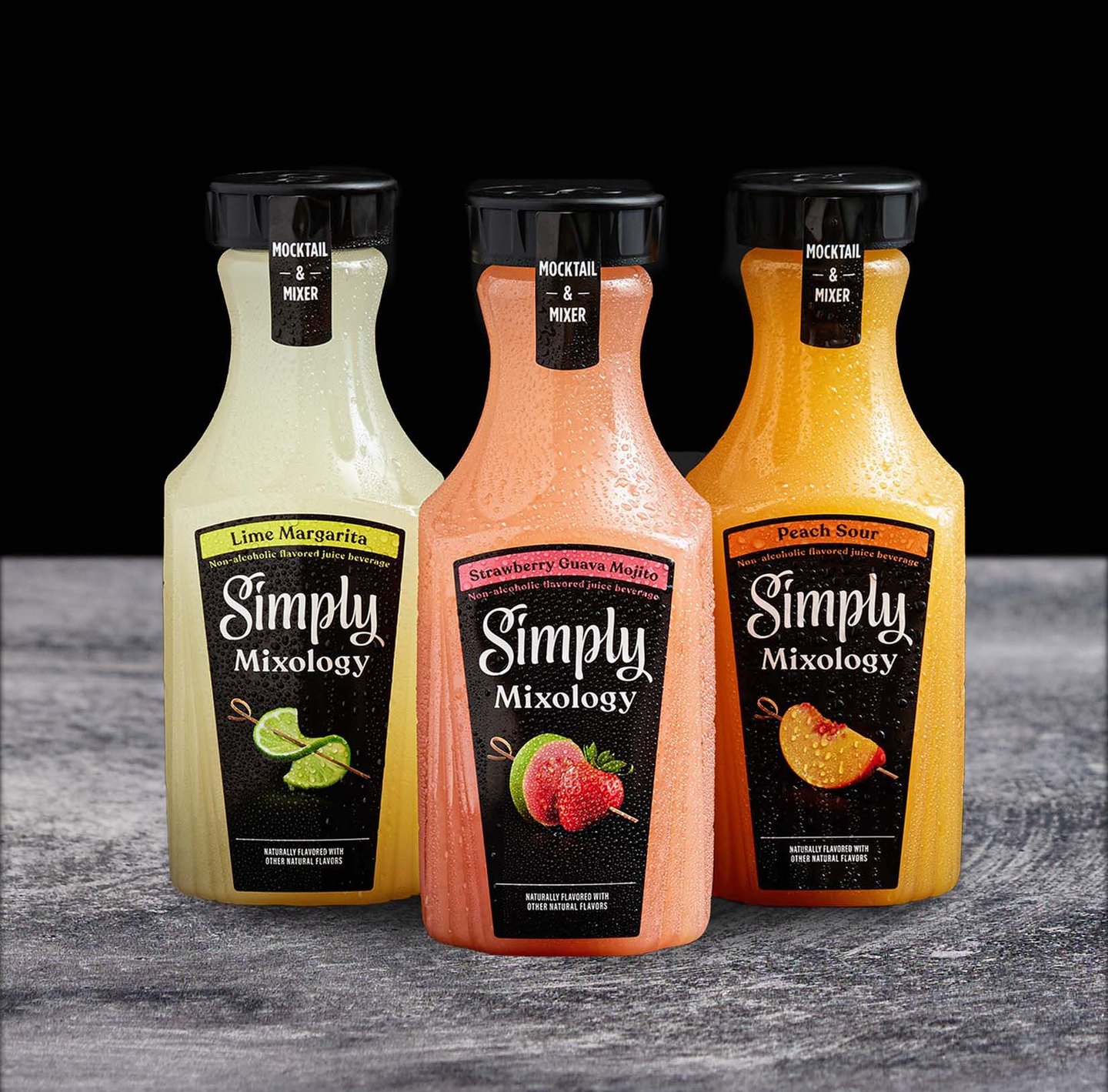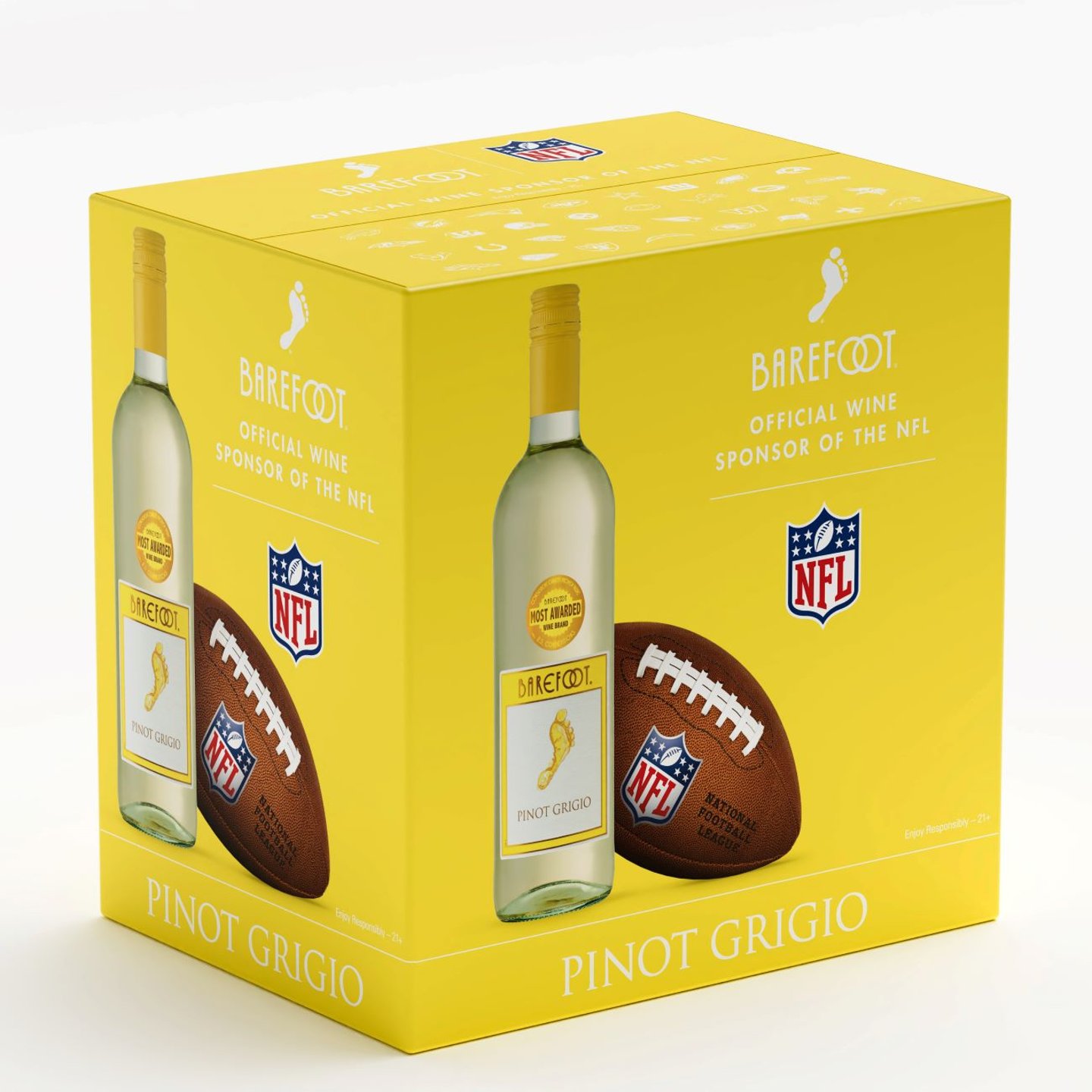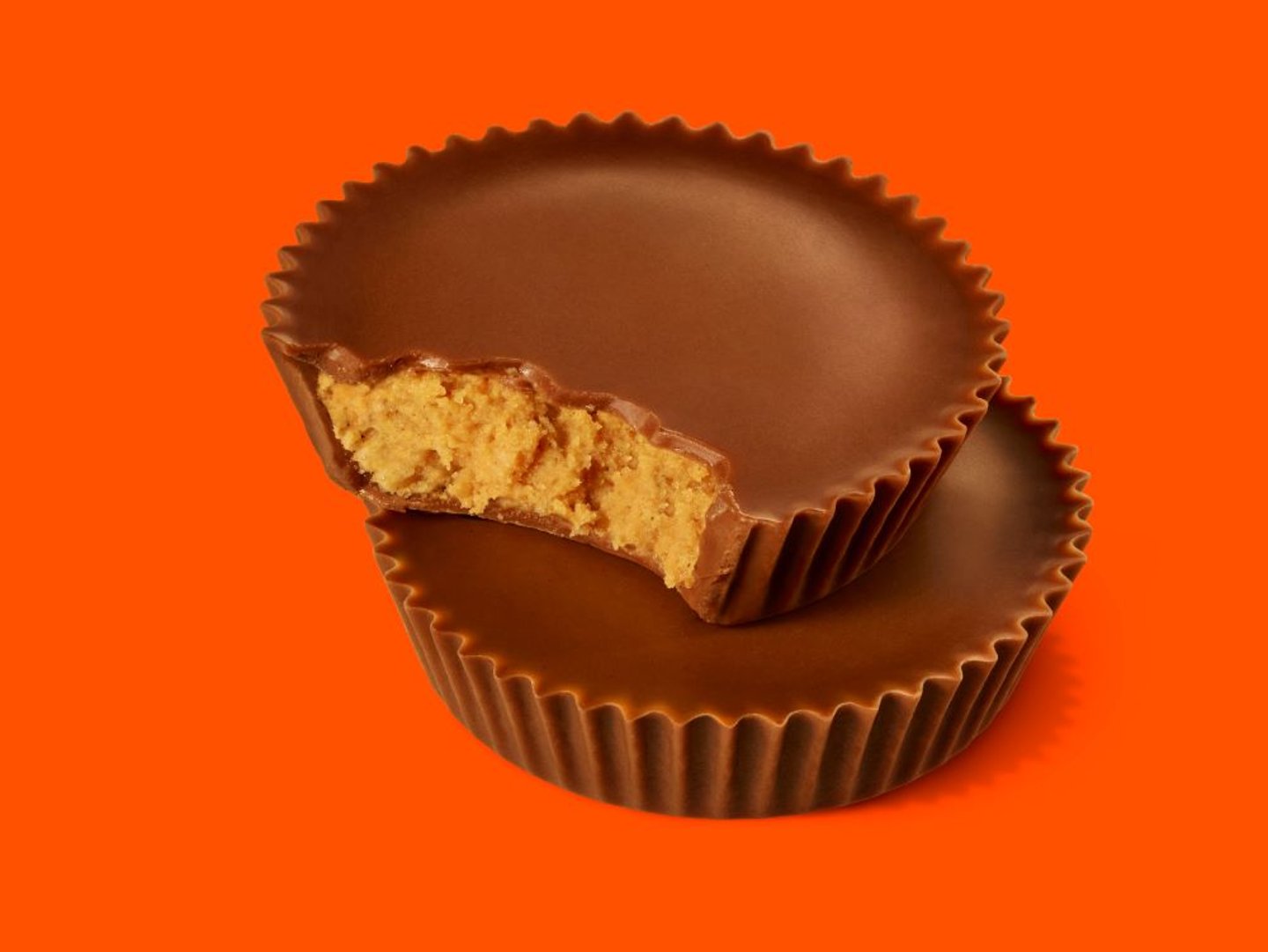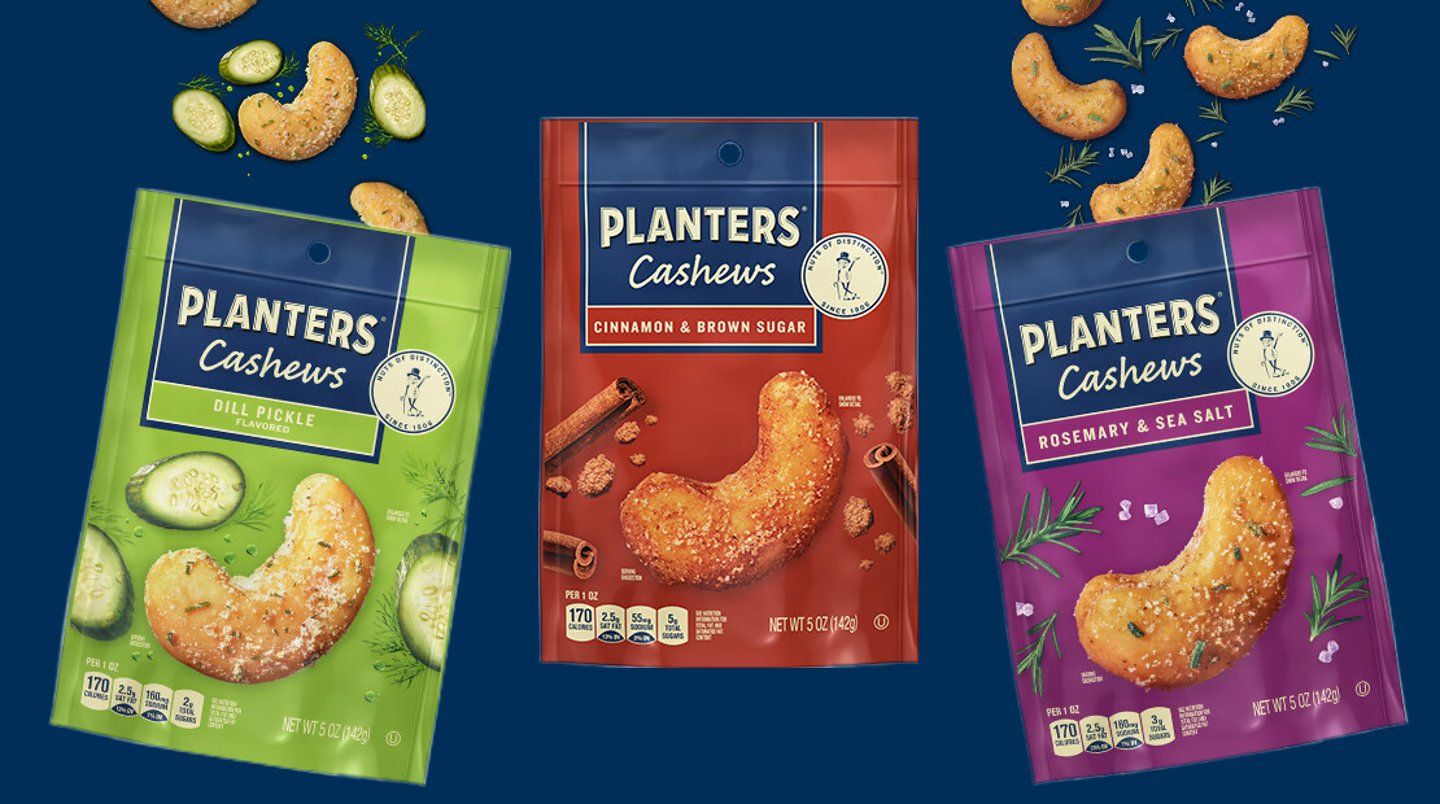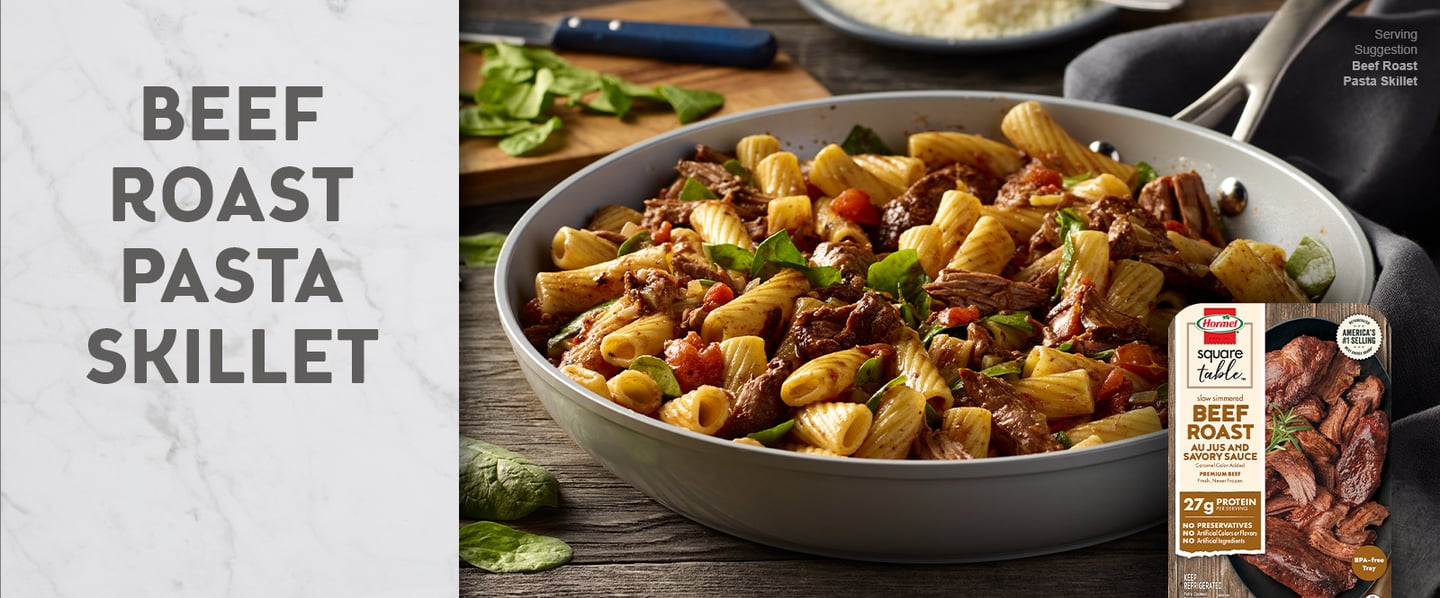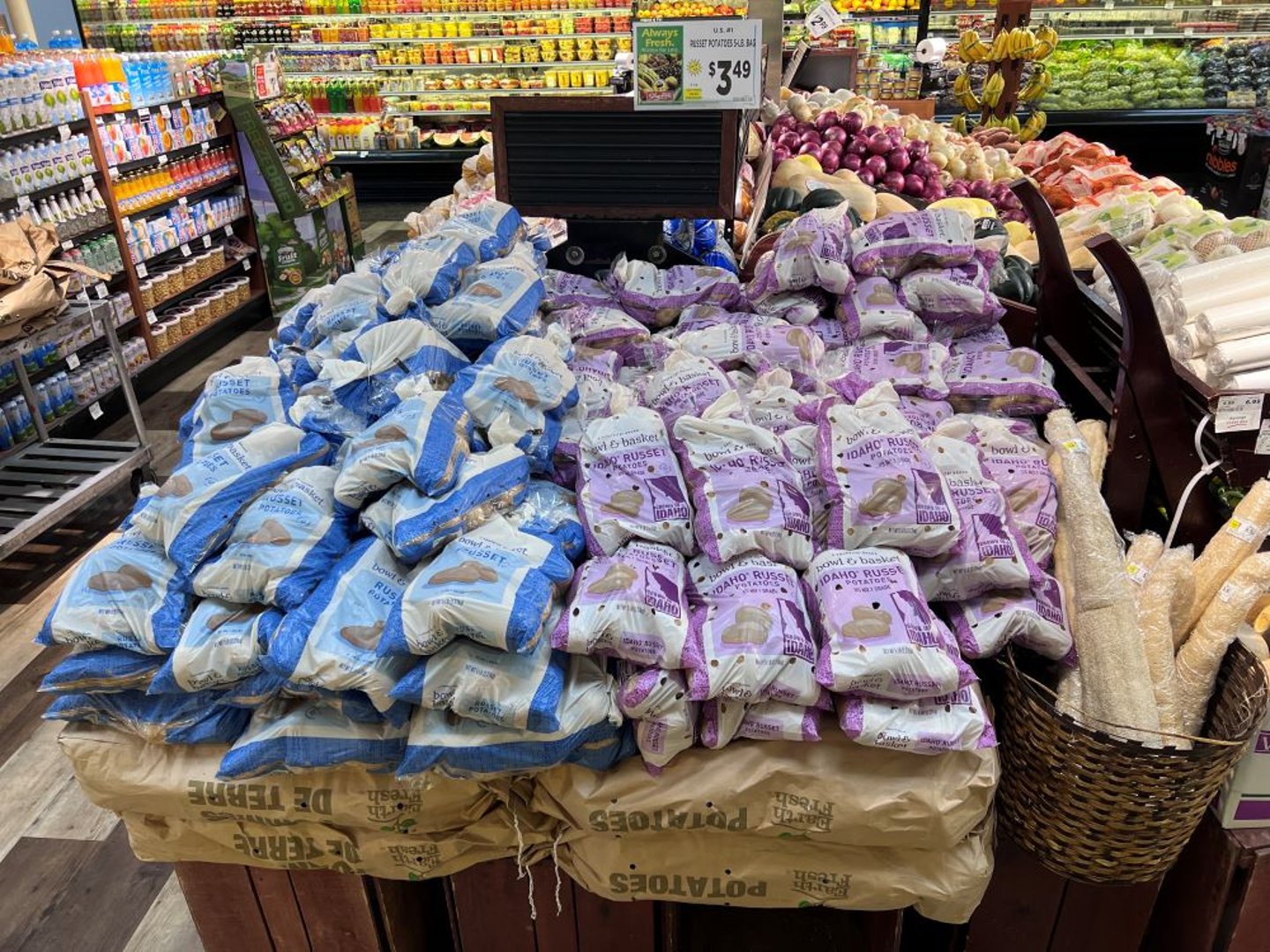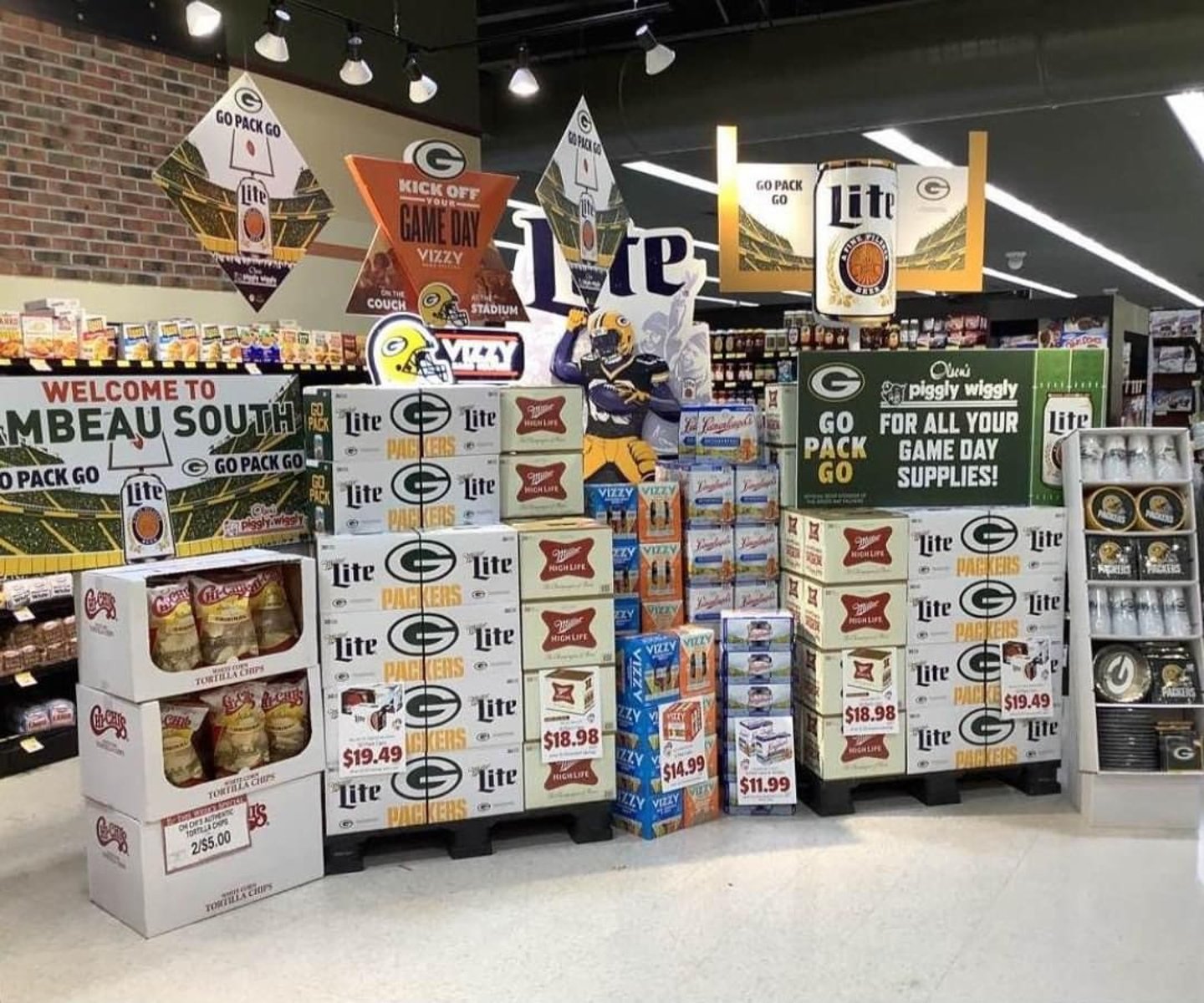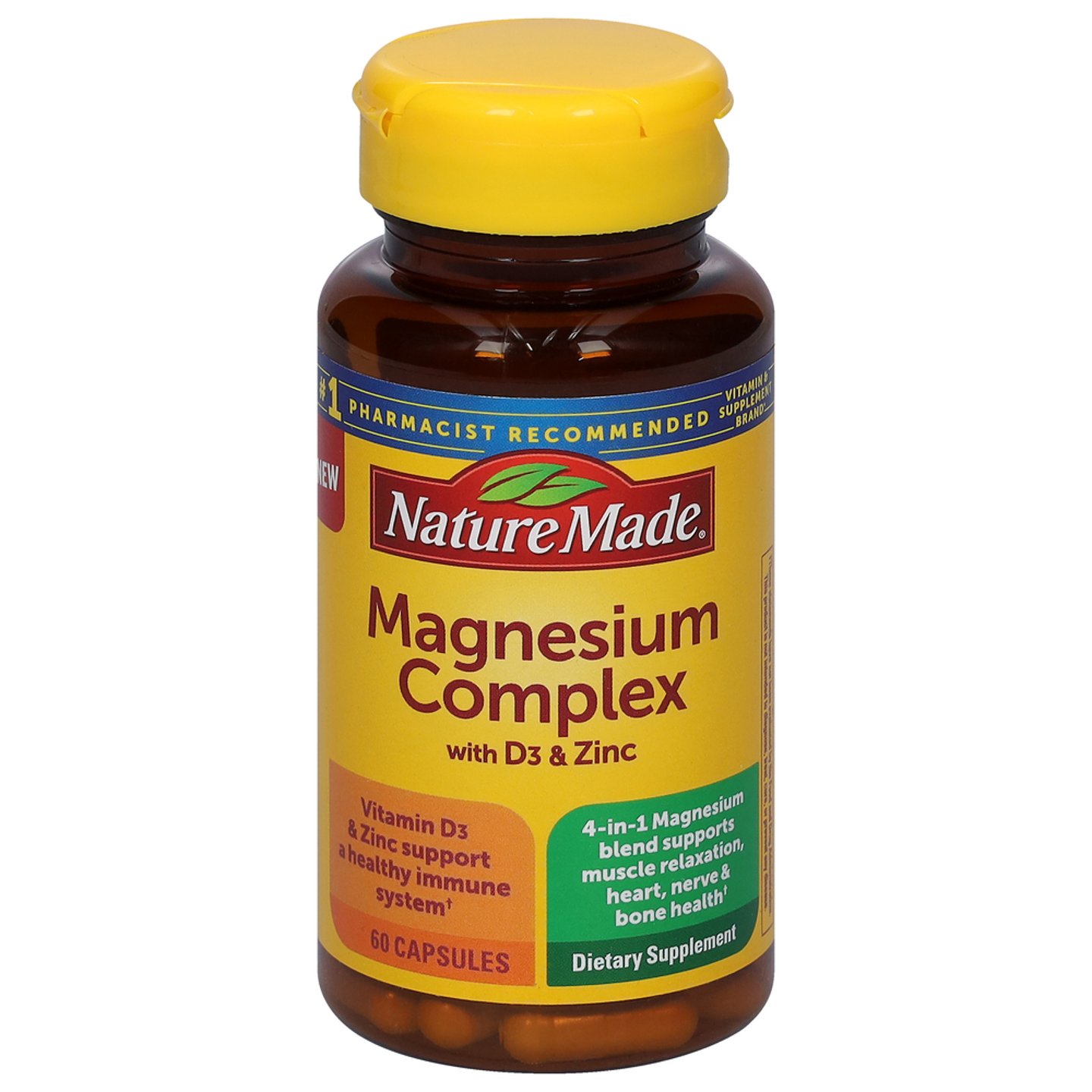Progressive Grocer Declares This Year's Category Captains
List of 2023 Category Captains
• Abbott Nutrition-Adult Nutrition
• Abbott Nutrition-Oral Electrolytes
• Chiquita-Bananas
• The Coca-Cola Co.-Mixers
• Constellation Brands-Beverage Alcohol
• E. & J. Gallo Winery-Wine
• The Hershey Co.-Confections/Gum
• Hormel Foods Corp.-Salty Snacks/Snack Nuts
• Hormel Foods Corp.-Refrigerated Dinners
• IPC-Fresh Potatoes
• MCBC (Molson Coors)-Beer
• Mission Produce-Avocados
• Pharmavite-Vitamins, Minerals and Supplements
At a time when shoppers are still grappling with the effects of inflation, how can grocery retailers get them to increase their purchases? Partnerships with CPG companies are crucial in this regard, as the right consumer insights, assortment, merchandising, marketing and more can lift the sales not only of a particular company’s brand, but also of the entire category and ultimately the whole store. In such endeavors, as in so many others, fortune favors the bold, and the companies profiled in the following pages have certainly not lacked daring in devising their category management strategies and deploying them at retail.
This year’s Category Captains span a wide variety of categories, from adult nutrition to vitamins, minerals and supplements, and each honoree earned this distinction by working closely with its retail partners to significantly grow sales in a particular category. Some efforts, as in the case of Chiquita with its world-famous bananas, are wide-ranging, encompassing product innovation, recipe development and a celebratory reminder of the brand’s iconic history, while others are laser-targeted, as is Constellation Brands’ cutting-edge work to integrate e-commerce into its category-centric Shopper First Shelf strategy. All have proved wildly successful, rewarding the companies and the retailers that trusted in these enterprising plans for category success.
[Read more: "How CPGs Anticipate the Needs of Shoppers"]
Read on to find out how the 2023 Category Captains are ensuring a profitable future for themselves, their retail partners and the grocery industry.
Abbott Nutrition: Adult Nutrition
A national retailer wanted to maintain share leadership in the adult nutrition category. To help achieve this goal, Abbott shifted its strategy to capitalize on the latest shopper trends by elevating higher-protein offerings and educating shoppers at the shelf. After conducting consumer research to better understand merchandising flow and wayfinding/educational signage, the company improved the retailer’s online shopping experience through attribution improvement and consistency.
With Baby Boomers rapidly aging and strong category growth of 20% in 2022, Abbott saw the opportunity to trade shoppers up to more premium offerings and improve online shopability. The higher-protein Ensure Plus segment was added to the merchandising flow to drive trade up, along with four incremental new Ensure flavors, while the reimagined section now featured branded category signage, targeted offers, improved item-level attribution and aid in online searches.
Following these changes, category sales grew 8.1%, with Ensure sales growth at 15.8%, outpacing the rest of the market by four percentage points, while the retailer’s market share for the category reached an all-time high of 40.6%, 1.2 percentage points higher than last year.
Abbott Nutrition: Oral Electrolytes
To reverse declining sales of oral electrolytes at a national retailer, Abbott leveraged current hydration trends to evaluate and analyze shopper behavior and purchase patterns to define a category strategy. The company conducted category and consumer research that yielded recommendations to drive category growth and market share. The research uncovered that 22% of shoppers were new to this retailer over the past year, creating a conversion opportunity; that shoppers expected to find oral electrolytes in three to four locations in the store, based on need state; and that there was an unmet grab-and-go oral electrolyte shopper need state.
Since there was no national-brand representation in the retailer’s cooler box to drive trial, it needed a strategy to signal to the shopper that it carried a broad assortment of oral electrolytes across the store. Abbott added Pedialyte 500-milliliter options to the cooler box for on-the-go convenience, with the aim of helping to drive awareness and increase conversion.
As a result, the retailer gained 600 basis points in oral electrolyte market share and 5,700 basis points in channel market share; total buyers purchasing oral electrolytes has increased 6% since launch; and total Pedialyte penetration has increased 0.8 points since 2021, among other wins.
Chiquita: Bananas
This past year, Chiquita led in category innovation by launching a joint venture to research and develop a disease-resistant banana, driving new banana consumption moments through an educational time-of-day-focused recipe campaign, celebrating its history, and introducing a new green banana product that has a longer shelf life and can be used as a plantain alternative.
In collaboration with KeyGene, MusaRadix, and Wageningen University and Research, Chiquita launched the groundbreaking Yelloway initiative, with the goal of producing bananas that are resistant to both pathogenic diseases and environmental threats, while also reducing carbon emissions. The initiative follows four pathways: genome mapping, plant breeding, laboratory testing and field testing. Thus far, Yelloway has allowed Chiquita and its research partners to create a family tree of banana diversity based on more than 160 banana types, leading to 150 successful crosses, totaling 32,000 seeds. New varieties of bananas are being developed, some with resistance to certain diseases. The ultimate goal is to produce three new resistant varieties that look, feel, taste and store like the Cavendish banana with which consumers are long familiar.
To position Chiquita as more than just a breakfast food or an on-the-go snack, the brand created the It’s Chiquita O’ Clock campaign to highlight the use cases of bananas throughout the day. The campaign gave consumers more reasons to buy Chiquita Bananas by providing new and trending recipe ideas to be used for breakfast, midday snacks and dessert. From April 1 through June 30, consumers could scan a QR code on the Chiquita Banana sticker or in-store signage at select U.S. retailers to unlock six new and unexpected recipes. The campaign garnered impressive results through a robust set of tactics that included Meta, TikTok, Display and PR. Chiquita also offered consumers the chance to enter to win one of three Cuisinart kitchen appliances and activated food influencers to help promote the various consumption moments through Chiquita-inspired recipe content.
The campaign generated more than 135 million impressions, with influencer activation generating an additional 22 million impressions.
In an effort to reinforce Chiquita’s leadership role in the banana category while emphasizing its premium quality, delicious taste, distinctive personality and iconic heritage, the brand introduced It Peels So Good. The campaign debuted in a variety of media formats, including social media content and immersive out-of-home billboards in key tourist sites across the globe. Additionally, the campaign launched special video formats for digital media that displayed a selection of vintage advertising campaigns exploring the brand’s rich heritage through its famous branded assets.
As a way to drive innovation for both Chiquita and the banana category, the brand launched Hard Green Bananas as a more affordable alternative to plantains, which are typically cooked and added to recipes. Chiquita aimed to educate consumers on the benefits of Hard Green Bananas, which are more versatile, have a longer shelf life, and are a healthy source of complex carbohydrates and fiber. The campaign consisted of digital and social creative in various languages targeting specific U.S. audiences to highlight the new product and its use cases. The eight-week campaign ran on Meta and generated 42 million-plus impressions.
The Coca-Cola Co.: Drink Mixers
Since 2017, mocktail menu penetration has grown 150% and social conversations about nonalcoholic alternatives and mocktails have also increased by 58%. Recognizing an opportunity to tap into the sober-curious and mixer space, The Coca-Cola Co. introduced Simply Mixology, a line of fruit-forward alcohol-free juice beverages inspired by consumers’ favorite cocktails. The three varieties — Strawberry Guava Mojito (a first-to-market flavor profile), Lime Margarita and Peach Sour — are made with simple ingredients and can be enjoyed with or without alcohol.
Compared with older generations, Millennials and Gen Z place a higher value on complex flavors in mocktails and “would still like to taste the alcohol” even in a nonalcoholic beverage, according to Mintel, so to meet these demands, Simply partnered with bartenders and mixologists to concoct blends featuring spices and herbal flavors to offer a full sensorial experience, with or without spirits. Simply Mixology has captured consumers’ attention with high-quality ingredients as well as disruptive social campaigns.
[Read more: "How Coca-Cola Used AI to Create Its Latest Beverage"]
These efforts have resulted in $7 million-plus in sales since the product line’s launch in January 2023. Internal data shows that Simply Mixology has been highly incremental, attracting new shoppers to the category and expanding the way that consumers think about juice products.
Constellation Brands: Beverage Alcohol
Beverage alcohol is one of the largest categories in U.S. edible consumer packaged goods. Beverage alcohol three-tier e-commerce (3TE), encompassing omnichannel, pure play and the third-party marketplace, has evolved into a multibillion-dollar industry, with its size remaining more than three times higher than pre-pandemic levels despite the reopening of traditional commerce. Constellation Brands has taken a leadership role in 3TE, integrating e-commerce into its category-centric Shopper-First Shelf strategy. This ensures consistent, up-to-date 3TE visibility; insights into the 3TE beverage alcohol shopper; and actionable merchandising tactics to boost category sales and accelerate growth.
In 2023, Constellation Brands launched a streaming e-commerce site within the Shopper First Shelf platform. This living site offers distributors and retailers actionable insights into beverage alcohol e-commerce trends, consumer demographics, preferences, behaviors and website best practices, ensuring optimization for digitally native consumers. Additionally, since e-commerce’s influence extends beyond online shopping, affecting traditional offline sales, Constellation Brands’ approach provides a constant stream of timely guidance for the evolving retail and shopper landscape.
Collaborative partnerships leveraging Shopper First Shelf for e-commerce have already resulted in sales outpacing total beverage alcohol 3TE trends, in some cases by double digits.
E. & J. Gallo Winery: Wine
Currently, only 28% of the of the U.S. population consumes wine. Part of the challenge is that many consumers view wine as appropriate for more formal beverage occasions. In response, E. & J. Gallo Winery is driving an initiative to democratize wine by leveraging its Barefoot Cellars brand in the popular-price segment.
In Gallo’s quest to democratize wine, it entered a five-year partnership with the NFL, becoming the association’s Official Wine Sponsor as of 2022. This partnership gave Gallo the opportunity to launch a national omnichannel program, including in-store NFL-inspired point-of-sale kits, game day-themed social/mobile digital campaigns, and robust near-nationwide coupon campaigns, including coupon accessibility on retailer apps. These tactics drove seamless shopper experiences and growth to both Barefoot and the total wine category for retailers.
In-store displays that featured the NFL partnership resulted in a Barefoot sales increase of 27% nationally. One of the retailers to execute the program experienced significant growth with the omnichannel programming. In a specific division, sales grew 35% in-store on Barefoot, and units increased 4% on the total popular-price segment in its e-commerce business. The omnichannel program helped drive a 4% revenue increase in the total wine category in-store and online.
During the program, when wine was in the basket, shoppers also spent an additional 41% on other products versus baskets without wine, resulting in a 79% total basket lift. Following the launch of the digital ads, repeat households for Barefoot increased 7%. For the last week of the promotion, the total wine category grew 8% in dollar sales.
The Hershey Co.: Confections/Gum
Hershey recently updated its Gold Standard merchandising principles for the CGM (candy, gum, mint) category to deliver best-in-class aisle layouts and drive growth. This year, the company updated foundational shopper research and triangulated that research with in-market analysis and virtual-reality testing to understand what it takes to build the most productive candy aisle.
Hershey analyzed where shoppers spend time in the candy aisle, how they make purchase decisions, where they expect to find key items or segments, the best in-aisle adjacencies, key merchandising principles, how best to allocate space in the aisle, the best location for innovation, how best to use the strike zone (eye-level shelf space), and optimal item assortment.
The company integrated these learnings and other test results and partnered with retailers to drive the greatest lifts and results for their candy aisles this year, delivering more than $287 million in incremental growth to the category at 18-plus retailers in the United States and Canada.
In 2023, Gold Standard expanded to include independent operators, which currently represent more than a third of U.S. grocery sales, with a projected 25% growth in store count in five years. Collaborating with wholesale grocers, Hershey optimized planograms and identified key distribution voids with quantified lost sales at the store level.
[Read more: "Hershey Launches Plant-Based Confections"]
Hershey is deploying new capabilities to its sales teams, enabling it to educate business partners, place automated orders on the spot and secure placement of products that shoppers seek. Live data feeds and machine learning will fuel continued partnerships.
Hormel Foods Corp.: Nuts and Salty Snacks
People may nosh on snacks in a mindless way, but there can be a lot of intent and information behind how those products are produced and positioned. Case in point: Hormel Foods’ approach to the nut and salty snack category.
The food conglomerate taps into its rich cache of data to guide its strategic business-planning approach. In salty snacks and nuts, the company regularly conducts custom research to better understand shoppers’ buying habits and uses the findings to maintain existing consumers and attract new snackers.
The insights are shared with retailers to help them spur sales, including both planned and spontaneous purchases. One large retailer, for its part, recently used Hormel’s insights as part of a review of snack nuts that led to the launch of 25 new slotted items across its banners, including bold and savory flavors that were confirmed to resonate among today’s shoppers. The endeavor resulted in $2.1 million in net sales and a volume increase of 400,000 pounds.
Consumers’ expressed interest in different flavor experiences similarly propelled the overall success of flavored cashews under Hormel’s legacy Planters brand in Rosemary and Sea Salt, Cinnamon Brown Sugar, and Dill Pickle varieties. Dill pickle-flavored cashews in particular quickly emerged as a top performer. Underscoring the future market for such items, Hormel’s latest flavored cashews are especially popular among younger consumers ages 35-54.
In addition to new product development within the competitive nut and salty snack category, Hormel Foods leans into data to help retailers improve shoppers’ experiences in the snack aisle. For example, the CPG company shared its insights on planogram success with one major discount chain, identifying an opportunity of $4.5 million of incremental items and 3%-5% growth potential related to enhanced shelving adjacencies.
After analyzing Hormel’s tiered options that also took into account labor optimization, the retailer went with an assortment based on stronger trail mix and peanut trends and flavor varieties. Ultimately, the retailer introduced seven new items across in-aisle and front end sets.
The discount chain also used Hormel’s data showing that the retailer’s shoppers often buy pistachios, and accordingly made those nuts a focal point of the planogram. Fastest-velocity items were placed on the bottom shelf, bringing shoppers to the set and increasing the opportunity for incremental units like sunflower seeds to be added to the basket. The retailer also followed through on the data-based suggestion to put profitable private label snacks at eye level and above to drive conversion. In addition, smaller snack packages were added to help meet the needs of lower-income shoppers.
These collective efforts were effective, since dollar sales at the retailer grew by double digits for the top five brands in the category, including private label, and unit sales likewise increased. While the retailer has upped its store count over the past year, the comp-store analysis showed a 3%-plus gain in dollar and unit growth across all five of the top category brands.
Hormel Foods Corp: Refrigerated Dinners
Consumers’ schedules are getting ahead of their planning, as most people have resumed busy lifestyles and plan dinners only within an hour or so of eating. Hormel Foods has sought to narrow that gap by bringing more choices to the refrigerated meal category, including its line of Hormel Square Table entrées.
The offerings, which are made with top-quality cuts of meat with no preservatives, allow consumers to continue to eat at home, a habit they picked up during the pandemic and kept as away-from-home dining costs soared. Cost-conscious consumers have flocked to such meal solutions at stores like a certain discount retailer, which recently added Hormel’s refrigerated dinner meals as a way to win more of those daypart occasions.
When it first approached the retailer with the idea of expanding dinner meals beyond its market-style stores, Hormel shared data showing that the retailer was under-indexed on meat trips and had several untapped avenues for growth at peak dinner time, when shoppers come into the stores to pick up essentials like milk on their way home from work or running errands.
Since it started providing meat-based heat-and-eat entrées such as traditional beef roast, chicken breasts, turkey, beef tips, pork roast and other items, the retailer has hit upon a need: In a recent 26-week period, the category grew dollar sales at twice the rate of total food, and increased baskets when the rest of the store experienced a dip in basket sizes.
Idaho Potato Commission: Potatoes
The Idaho Potato Commission (IPC) is rooted in providing partners and customers with top-quality products and insights. While the organization has long supported the state’s potato growers through marketing and advertising programs highlighting the famous “Grown in Idaho” seal, IPC has become data savvy in recent years, with its directors acting as category consultants who use research to identify new opportunities across the marketplace.
Over the past year, many of those consultants worked with a major retail player in the northeastern United States, synthesizing data showing that the chain was missing out on sales by not carrying an Idaho potato product in its fresh category. In fact, IPC’s information indicated that the retailer was underperforming the competition by 21.3% in total category sales and was especially lacking in yellow and russet potato varieties, which have proved popular among today’s shoppers.
IPC worked with the retailer on a plan to introduce Idaho potatoes into the category to drive total category growth. That plan worked, as the operator boosted its market share 19.4% over its competition after adding those products. Total dollar sales in the category rose 5% on a year-over-year basis and spurred the retailer to add even more Idaho potato products across the category. Beyond widening its assortment of potato varieties, the retailer offered more packaging options, and subsequently bolstered sales of 5-pound, 3-pound and bulk formats.
Following that success, the retailer and IPC aim to build on the campaign with another round of data-based reviews likely to lead to more options for consumers.
Molson Coors (MCBC): Beer
Molson Coors provides retailers with not only alcoholic beverages, but also thought leadership in category management through its Purpose Drives Purchase Plus (PDP+) strategy. The strategy is designed to help retailers offer optimal category assortment, display and shelving solutions. In 2023, the supplier’s category management team introduced the PDP+ Optimal Assortment Tool (OAT), which helped retailers solve distribution challenges during a time when the category saw an unexpected but significant shift in demand across premium beer brands.
MCBC’s category team used the tool to optimize pack-outs during the period and helped more than 50 retailers quickly identify how to maximize cooler space. The OAT tool provided a faster way to identify opportunities so the coolers could be reset outside the normal reset window, resulting in both a reduction in out-of-stock levels and dollar sales growth for participating retailers. According to the company, grocery outlets that used the tool improved their category sales by five points compared with retailers that haven’t used the tool.
Additionally, MCBC category managers developed a Display Optimization Tool to help retailers maximize display space during that time. The company worked with Circana to build the customized solution, which modeled the impact of display size and locations by brand, and these fact-based solutions were shared with retailers.
Mission Produce: Avocados
In 2022, Mission Produce designed a customer-specific merchandising program to help a regional food retailer in the Northeast increase sales in the avocado category. By analyzing the grocer’s retail results, market share and shopper demographics, Mission Produce was able to identify an opportunity to better align the retailer’s offerings to the needs of its shoppers.
Mission Produce uses an in-house data-driven intelligence platform and category management program, AvoIntel, to identify customer and consumer insights to inform profitable programming opportunities, generate sales, attract more shoppers and reduce shrink. By employing the platform, Mission Produce deduced that the retailer overindexed on larger households, families with children, and shoppers with a high household income of $125,000 or more. The company saw that those groups were shifting their grocery spend to club stores, not only for avocados, but also for their entire baskets.
The company found an opportunity to prevent this spend from leaking to other retailers, especially club stores offering similar fresh avocado product packs, by complementing its existing avocado offerings with Mission Jumbos, a club-sized bag designed for heavy avocado consumers. The new assortment strategy resulted in an average weekly sales increase of 33% of bag units sold. In addition to the significant increase in bagged avocado sales, the retailer realized only a 4% decrease in unit sales of other bagged offerings.
Pharmavite: Vitamins, Minerals and Supplements
Pharmavite’s category management team continually brings retail buyer partners compelling insights and analyses to aid in the development of the vitamin, mineral and supplement (VMS) category. According to the company, vitamin sales shifted from immune to non-immune segments following the pandemic, and magnesium specifically went viral on social media. Sales for that segment are 48% stronger than they were in 2022, and Pharmavite’s magnesium items have contributed to more than 50% of the segment’s growth dollars recently.
As a result of this increase in demand, Pharmavite has ensured that its retail partners have a curated assortment for the segment, including such new products as a Nature Made Magnesium Complex. Additionally, the company’s visible partnership with United States Pharmacopeia (USP) helps shoppers choose its vitamins, since they meet stringent quality criteria for purity and potency. With 61% of its products USP-verified, Nature Made leads VMS brands in this regard.
Finally, Pharmavite employs machine learning and third-party partners to identify opportunities to optimize its products’ pricing. The company uses artificial-intelligence modeling to evaluate thousands of items in the category and gain insight into expected shopper responses to price changes, as well as evaluating product assortment to make sure that the company has the right product on shelf at the right time.


